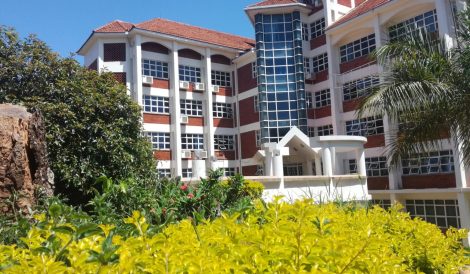PhD Candidate Geofrey Kapalaga Defends Research on Foot and Mouth Disease Detection Using Machine Learning
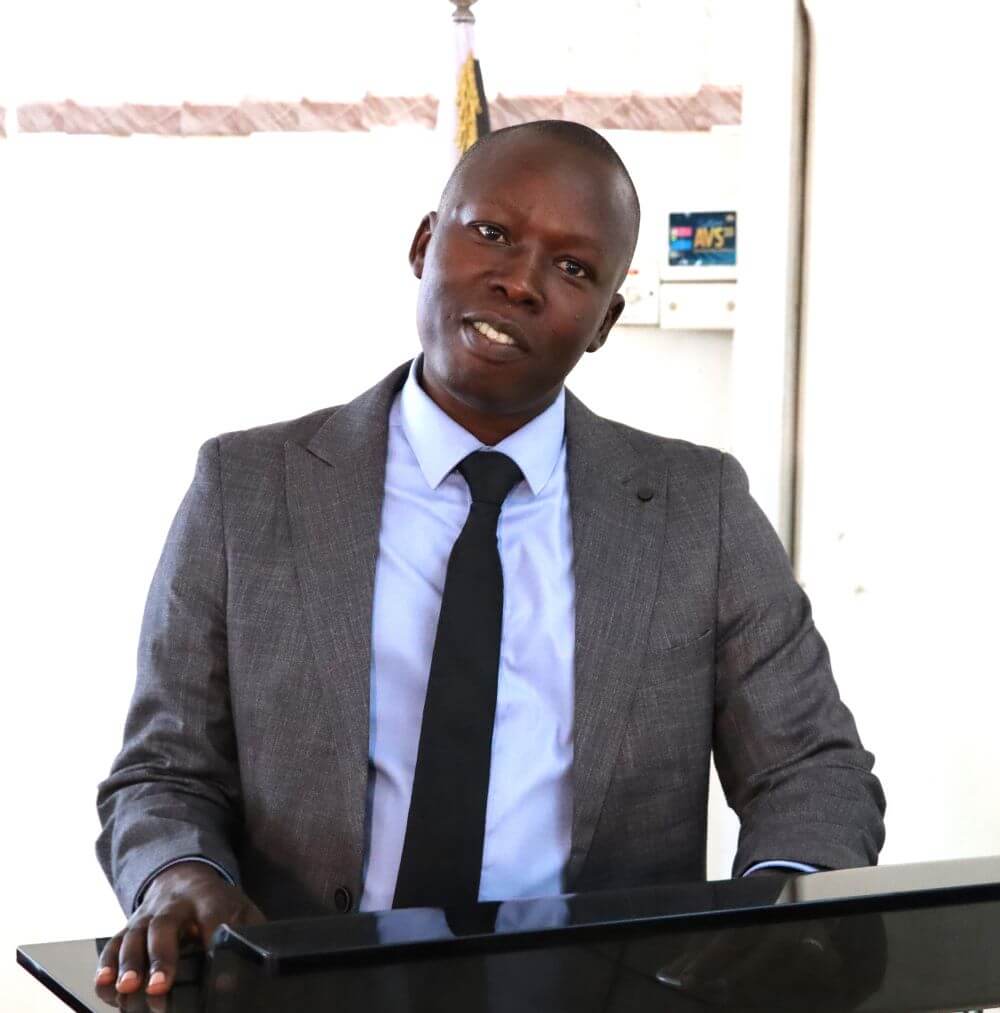
Geofrey Kapalaga successfully defended his PhD research on the application of machine learning for predicting Foot and Mouth Disease (FMD) outbreaks in Uganda. The defense, chaired by Dr. Joseph Balikuddembe, Dean of the School of Computing and Informatics Technology at Makerere University, concluded with Kapalaga being awarded a pass with minor corrections.
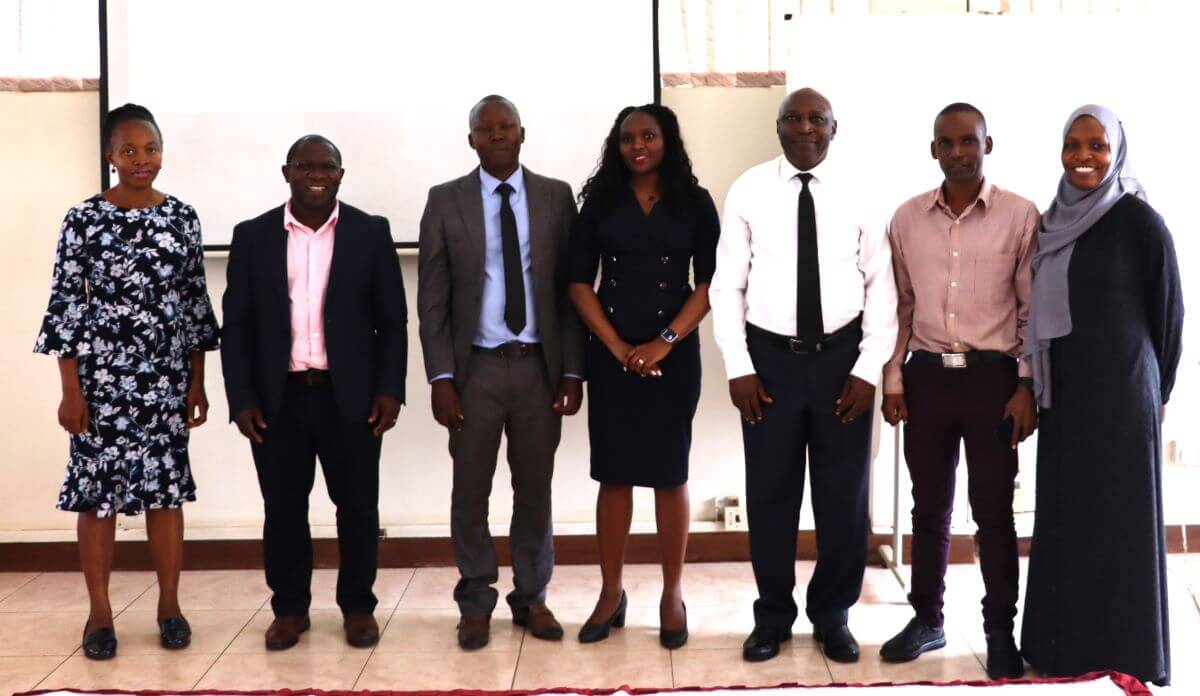
During the defense, Dr. Balikuddembe congratulated Kapalaga on completing his PhD in four years and acknowledged the significant contributions of his work to the agricultural sector. “Your contribution towards an early warning system for Foot and Mouth Disease is commendable,” Dr. Balikuddembe remarked, emphasizing the importance of incorporating time series data to further enhance the model’s accuracy. He also appreciated the collaboration with the College of Veterinary Medicine, Animal Resources, and Biosecurity (COVAB) and praised the PhD supervisors for their dedication to Kapalaga’s success. “With three supervisors, progress is often slow, but you have been pragmatic in your approach, and your work shows dedication.”
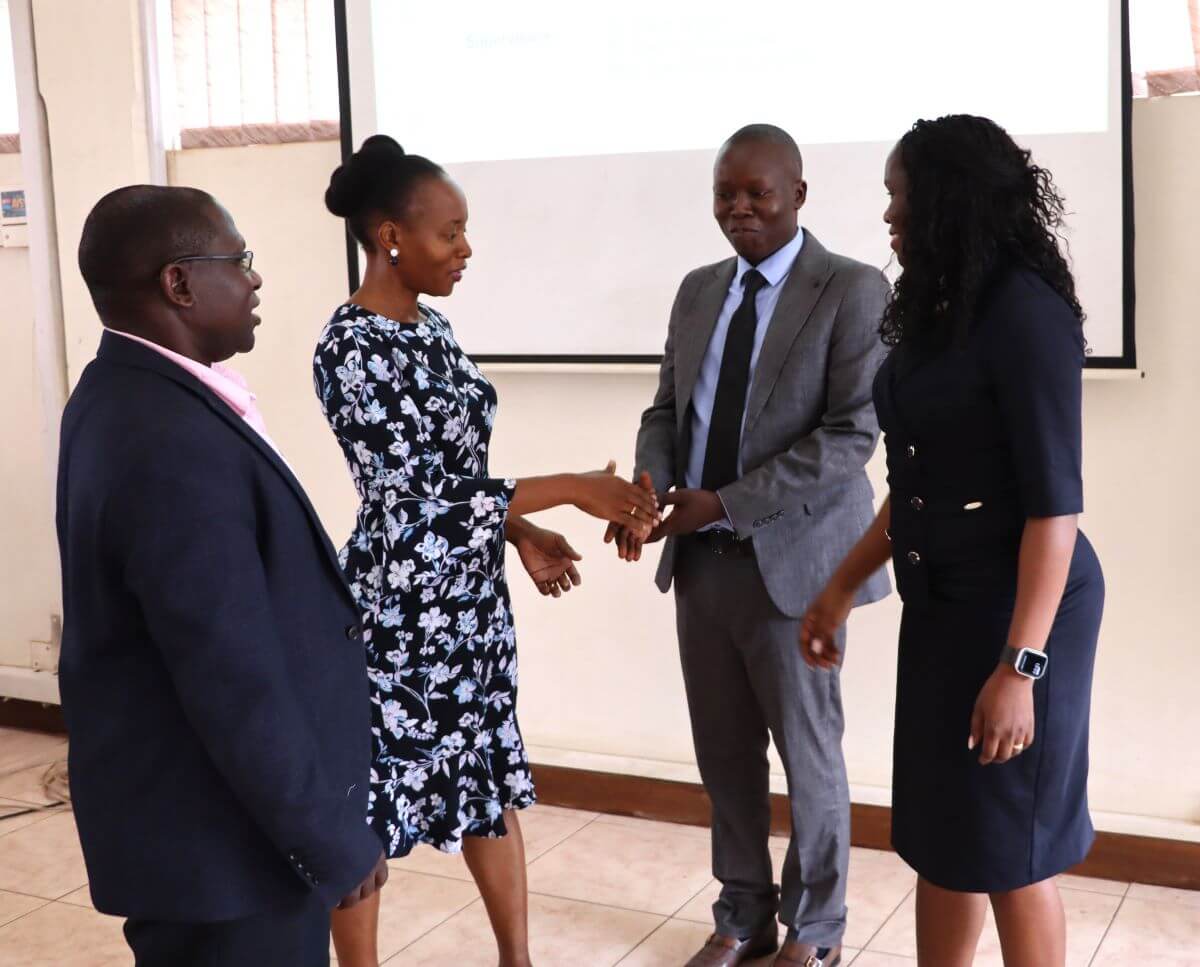
Kapalaga’s research titled Mitigating Distribution Shifts in Machine Learning-Based Prediction of Foot and Mouth Disease Outbreaks for Enhanced Preparedness in Uganda focused on improving predictive models for FMD, a serious challenge in Uganda’s livestock industry. He developed novel machine learning approaches to enhance disease prediction under varying environmental conditions, such as changes in rainfall and temperature, which often affect disease patterns. His findings promise to transform the country’s approach to FMD management, shifting from a reactive model to proactive, data-driven interventions.
Kapalaga expressed deep gratitude to his supervisors, Supervisor: Dr. Florence N. Kivunike, Dr. Daudi Jjingo & Assoc. Prof. Savino Biryomumaisho for their commitment, and thanked the National Agricultural Research Organization (NARO) for its support. “The journey has been challenging, but with perseverance and the support of my supervisors, I have completed this work in less than four years,” he said.
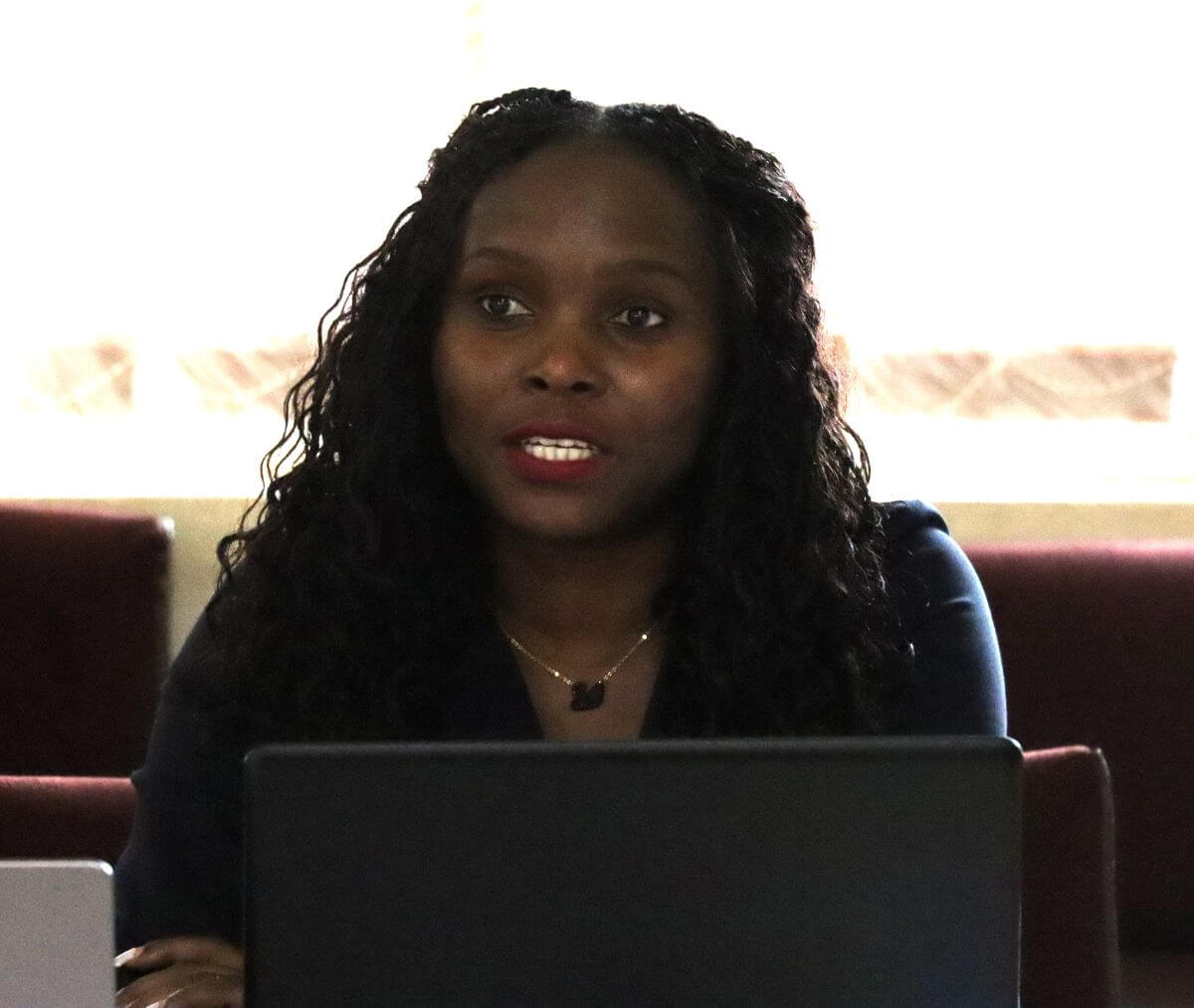
When asked about his contribution to the body of knowledge, Kapalaga highlighted two key areas. “I devised two novel approaches to improve machine learning models under varying distribution scenarios, specifically addressing the unique conditions in Uganda that influence FMD outbreaks,” he explained. Kapalaga’s research demonstrates how machine learning can be leveraged to predict disease outbreaks and optimize resource allocation, such as vaccination and cattle movement restrictions, enhancing Uganda’s agricultural resilience.
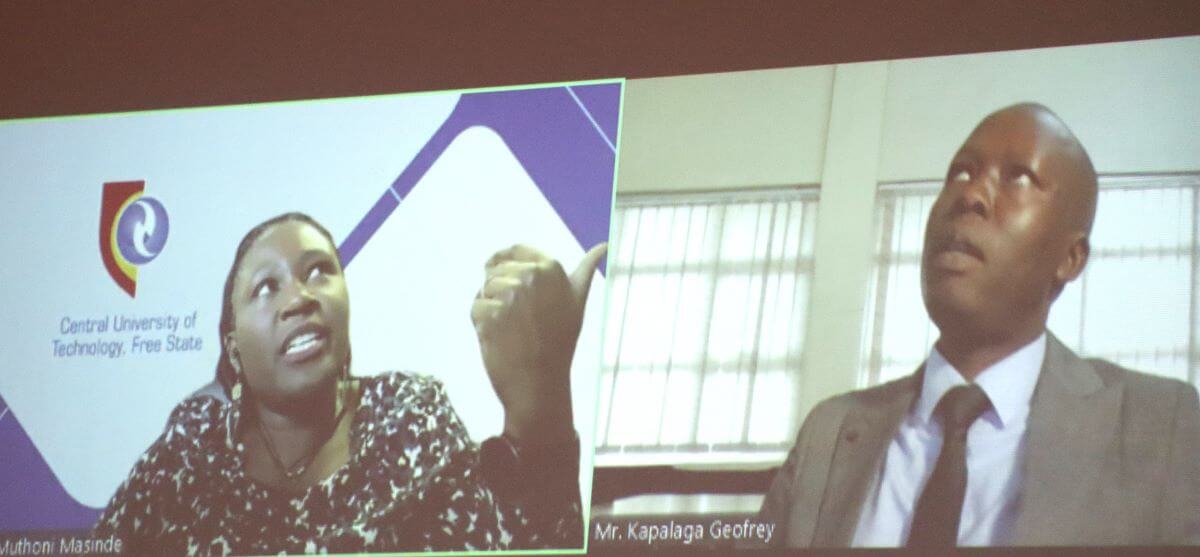
As the session closed, Dr. Balikuddembe expressed confidence in Kapalaga’s future, stating, “We look forward to seeing you in January in that red gown.” Kapalaga’s work has been hailed as a significant step towards improving disease preparedness in Uganda, contributing to national efforts to mitigate the impact of FMD, which has plagued the livestock industry for over 60 years.
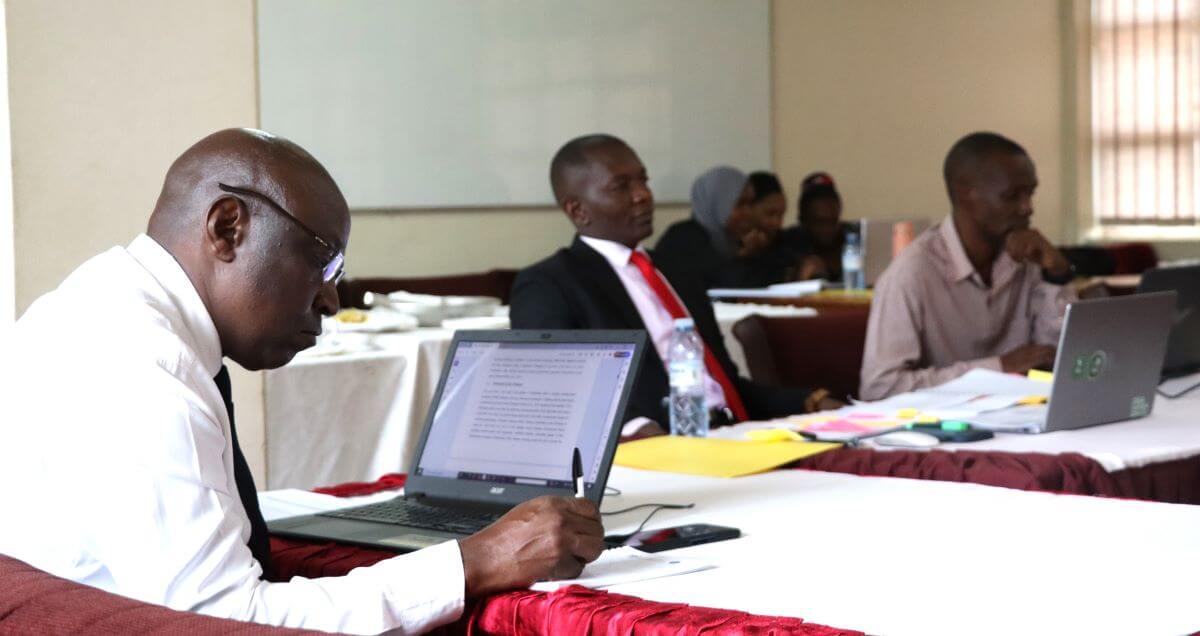
Kapalaga’s study employed historical data and seven machine learning algorithms to improve FMD outbreak predictions. His model-centric approach, Random Forest Boosting (RFB), achieved an overall score of 87.4%, outperforming other methods and demonstrating its potential for application in Uganda’s dynamic environments. The research offers critical insights for early detection and targeted resource allocation, shifting the FMD management strategy from reactive to proactive.
By Jane Anyango
Principal Communication Officer.

